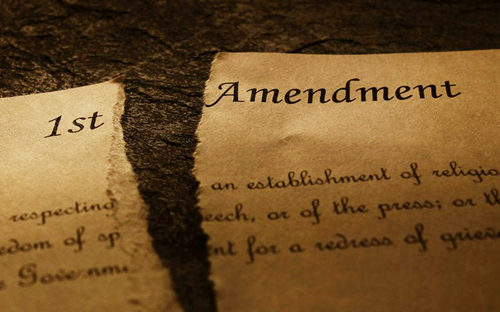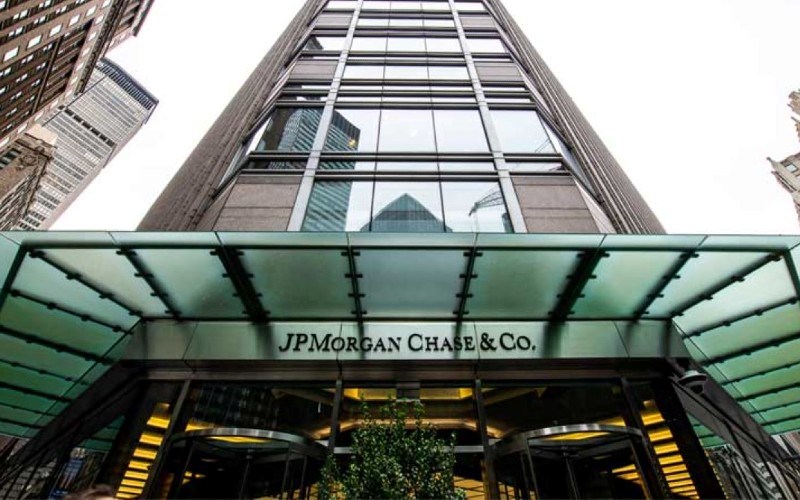Alliance Defending Freedom is best known for fighting for First Amendment rights in the federal courts, including all the way to the U.S. Supreme Court. The law firm is also fighting for the constitutional rights of employees at major corporations, too, where phrases such as “inclusion” and “diversity” have become code words for promoting race-based ideology, punishing dissenting views, and excluding faith-based beliefs in the work place.
An annual report produced by ADF, the Viewpoint Diversity Score Business Index, was published this week and listed the scores of 85 publicly traded corporations. One prominent name among those corporations is JP Morgan Chase, the multinational financial giant that is sitting on $3.3 trillion in assets and 4,800 branches.
ADF attorney Jay Hobbs says JP Morgan Chase deserves to be watched closely for two reasons, beginning with its size and powerful influence.

“And it has one of the worst track records of de-banking religious Americans, and particularly Christians,” Hobbs says, “who have been locked out of their bank accounts, and have seen their accounts canceled, really for no good explanation from Chase.”
The term “de-banking” is a new term, and an Orwellian one, too, for a financial institution that cuts off its services to a disfavored customer. In the case of JP Morgan Chase, in 2022 it closed the bank account for Sam Brownback, the former United Nations ambassador, and his organization National Committee for Religious Freedom.
ADF is aware Chase has also closed the bank accounts of two more organizations, Arkansas Family Council and Defense of Liberty, in 2021.
A pattern of de-banking conservative customers has been documented at Bank of America, the second-largest U.S. bank, too, AFN reported in a May story.
 A coalition of state attorneys general, 15 in all, demanded Bank of America explain its de-banking decisions and implement a policy that does not discriminate against customers because of their political and religious beliefs.
A coalition of state attorneys general, 15 in all, demanded Bank of America explain its de-banking decisions and implement a policy that does not discriminate against customers because of their political and religious beliefs.
When it was time for ADF to score Chase this year, Hobbs says, the law firm noticed the major bank had quietly removed the “social risk” policy that was used to punish customers such as Brownback’s non-profit.
"They've fixed a policy that was a big problem,” Hobbs tells AFN.
Even with that policy change, JP Morgan Chase scored only 9 points out of 100 on the ADF Business Index. That low score meant the biggest bank in the United States tied for the second-lowest score among 29 commercial banks on the index.
Citing the low score for Chase, Hobbs says the banking giant has a “long way to go” but is on the “right track” after being pressured to respect religious faith and a diversity of view points.
Bank of America scored 13 points on the 100-point Business Index, according to ADF.







